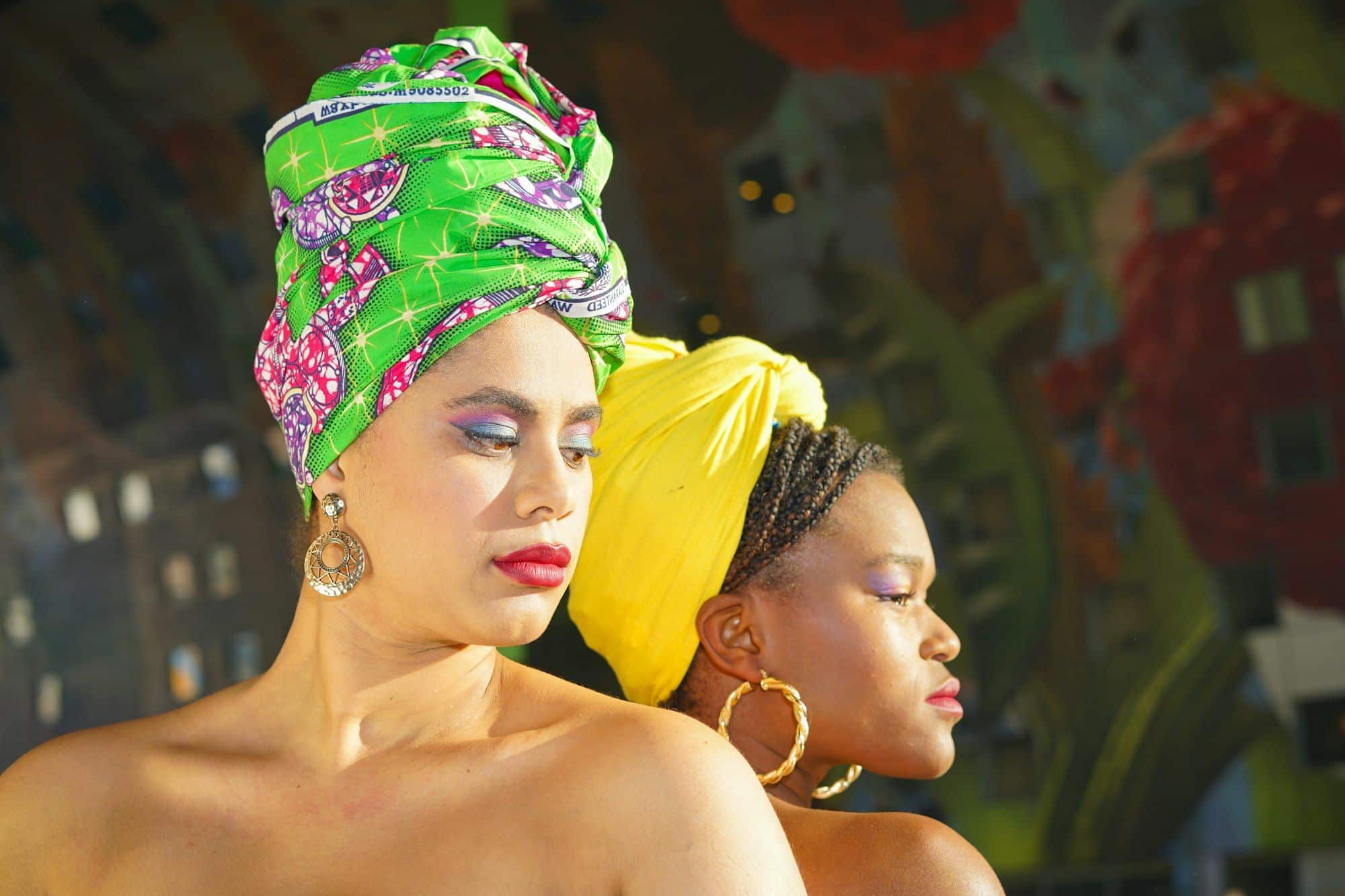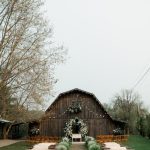Wales is a land steeped in rich tradition and folklore, where storytelling is an essential part of its culture. From enchanting tales of mythical creatures to historical sagas, authentic Welsh storytelling experiences await at every corner. This guide uncovers unique destinations where locals share their stories, bringing to life Wales' vibrant heritage. Discover how you can immerse yourself in these narratives that define the Welsh spirit, connecting you to the heart of this magnificent country. Prepare to be captivated by the power of stories in the land of songs!
Overview of Welsh Storytelling Traditions
Welsh storytelling is an integral part of the country's cultural heritage, deeply rooted in its history and identity. This tradition has been instrumental in preserving Welsh history, offering a rich tapestry of myths, legends, and folktales that reflect the values and beliefs of the Welsh people. Historically, storytelling served as a primary means of passing down knowledge and traditions from one generation to the next, particularly before the widespread availability of written records.
In the same genre : Crafting an Unforgettable Itinerary for Exploring England”s Historic Cathedrals
The types of traditional stories in Welsh culture are diverse. Myths often feature gods and supernatural beings, providing explanations for natural phenomena and the origins of the world. Legends typically revolve around historical figures and events, blending fact with fiction to create compelling narratives. Folktales, on the other hand, are more grounded in everyday life and often include moral lessons or cautionary tales.
Oral traditions have played a crucial role in maintaining these stories' vibrancy and relevance. Storytellers, known as cyfarwyddiaid, were highly respected figures who ensured the continuity of Welsh storytelling. Their performances were communal events, fostering a sense of unity and shared identity among listeners.
Also to discover : Top-rated hop-on hop-off bus options for exploring rome
Top Destinations for Authentic Storytelling Experiences
For those seeking immersive storytelling destinations, Wales offers a variety of locations rich in cultural experiences. Each destination provides a unique glimpse into the country's storytelling heritage.
Key Locations
-
St Fagans National Museum of History: Situated near Cardiff, this open-air museum showcases traditional Welsh life. Visitors can experience live storytelling sessions amid historical buildings, offering a vivid portrayal of Welsh tales.
-
Llangollen International Musical Eisteddfod: Held annually, this festival celebrates music, dance, and storytelling. It's an excellent opportunity to witness Welsh legends and folktales performed by talented storytellers.
-
Snowdonia National Park: Known for its breathtaking landscapes, Snowdonia is steeped in myths and legends. Guided tours often include storytelling sessions, enhancing the natural beauty with rich narratives.
Unique Cultural Experiences
- Participate in interactive storytelling workshops.
- Attend local festivals celebrating Welsh folklore.
- Explore historical sites where stories come to life through performances.
Accessibility and Travel Tips
- Most destinations are accessible by public transport; however, renting a car provides flexibility.
- Consider visiting during festivals for a more enriched experience.
- Check local tourism websites for storytelling event schedules to plan your trip accordingly.
Notable Storytelling Events and Festivals
Wales is home to a vibrant array of storytelling festivals that celebrate its rich cultural heritage. These events in Wales offer unique opportunities to engage with traditional narratives and connect with the country's storied past.
Major Storytelling Festivals in Wales
One of the most renowned cultural festivals is the Beyond the Border International Storytelling Festival. Held biennially, it features performances by storytellers from around the world, bringing diverse tales to life. Attendees can enjoy a variety of activities, from storytelling sessions to workshops and discussions.
The National Eisteddfod of Wales is another significant event, celebrated annually. While it primarily focuses on music and poetry, storytelling plays a crucial role. The festival provides a platform for storytellers to share Welsh legends and folktales with a wide audience.
Opportunities for Participation
- Interactive sessions: Many festivals offer workshops where participants can learn storytelling techniques.
- Engagement with storytellers: Attendees have the chance to meet and interact with professional storytellers, gaining insights into the art form.
- Cultural immersion: These festivals provide an immersive experience, allowing visitors to dive deep into Welsh culture through stories and performances.
These events not only preserve traditional tales but also inspire new generations to appreciate and continue the art of storytelling.
Featured Local Storytellers and Guides
In Wales, local storytellers are the heart of the country's storytelling tradition. These skilled narrators bring ancient tales to life, ensuring the stories remain vibrant and accessible. Among the most celebrated is Dafydd Davies, known for his captivating performances that blend humour with historical insight. His storytelling experiences often leave audiences both entertained and enlightened.
Another prominent figure is Catrin Jones, whose expertise in Welsh myths and legends enriches every guided tour she leads. Her storytelling sessions are not just performances but immersive experiences that transport listeners to a different era.
Guided tours led by these storytellers offer a unique opportunity to delve deeper into Welsh culture. Local guides enhance the storytelling experience by providing context and background, making each narrative more relatable and engaging. They often incorporate lesser-known tales and local anecdotes, offering a comprehensive view of the region's folklore.
For those interested in booking storytelling experiences, it is advisable to research and select tours that feature renowned local storytellers. Many tours can be booked through local tourism websites or directly through the storytellers' personal platforms, ensuring an authentic and memorable experience.
Types of Stories Shared in Welsh Storytelling
Welsh storytelling is a rich tapestry woven with cultural narratives and vibrant imagery. At its core, Welsh folklore embraces themes that resonate deeply with the landscape and history of Wales. The rugged mountains, lush valleys, and ancient castles serve not only as backdrops but also as characters within these tales.
Common Themes
Welsh stories often explore themes such as heroism, love, and the eternal struggle between good and evil. These themes reflect the values and beliefs of Welsh society, offering insights into the human condition. The mystical elements of Welsh folklore, such as enchantment and transformation, add layers of intrigue to these narratives.
Influence of Landscape and History
The landscape of Wales profoundly influences its storytelling. The legends of King Arthur and the Mabinogion are deeply rooted in the country's historical and geographical context. These stories not only entertain but also preserve the cultural identity of Wales, connecting past generations with the present.
Popular Stories
Some popular stories include the tale of Gelert, the faithful hound, and the legend of Branwen, a tragic story of love and betrayal. These stories hold cultural significance, highlighting the enduring nature of Welsh storytelling themes.
Visitor Tips for Engaging with Storytelling Experiences
Engaging with Welsh storytelling offers a unique glimpse into the country's rich cultural tapestry. To make the most of these experiences, consider the following visitor advice and travel tips.
Firstly, immerse yourself fully in the storytelling events by participating actively. When attending a session, listen attentively and show appreciation for the storytellers' craft. A simple nod or smile can go a long way in establishing a connection with the storyteller. If you have questions, wait for an appropriate moment to ask, ensuring your inquiries are respectful and relevant to the narrative.
When interacting with storytellers, it's crucial to approach them with respect and curiosity. Many storytellers are passionate about sharing their culture and are open to discussing their stories. Engaging in a polite conversation can enhance your understanding and appreciation of the tales.
Beyond storytelling, explore the local culture by visiting nearby attractions or trying traditional Welsh cuisine. This broader cultural engagement enriches your experience, providing context to the stories you hear. Consider attending local festivals or workshops, which often offer additional insights into Welsh traditions and heritage. By following these best practices, you can enjoy a memorable and respectful storytelling experience.
Cultural Context and Significance of Storytelling in Wales
Storytelling is a cornerstone of Welsh culture, profoundly shaping the Welsh identity and community. It serves as a vessel for cultural insights, reflecting the values, beliefs, and historical experiences of the Welsh people. Through storytelling, the Welsh have preserved their language and traditions, fostering a strong sense of national pride and unity.
Comparatively, storytelling traditions in other cultures often share similar functions but differ in style and content. For instance, while Welsh stories frequently intertwine with the landscape and history of Wales, other cultures might focus on moral lessons or cosmological myths. This diversity highlights storytelling's universal significance while emphasizing the unique elements of Welsh narratives.
The future of storytelling in Wales is promising, as it continues to evolve with modern influences. Digital media and platforms have opened new avenues for sharing and preserving these tales, ensuring they remain relevant to younger generations. Storytelling festivals and workshops are increasingly incorporating contemporary themes, allowing for a dynamic blend of tradition and innovation. This evolution ensures that Welsh storytelling will continue to be a vital and vibrant part of the country's cultural fabric, adapting to the changing times while maintaining its core significance.











